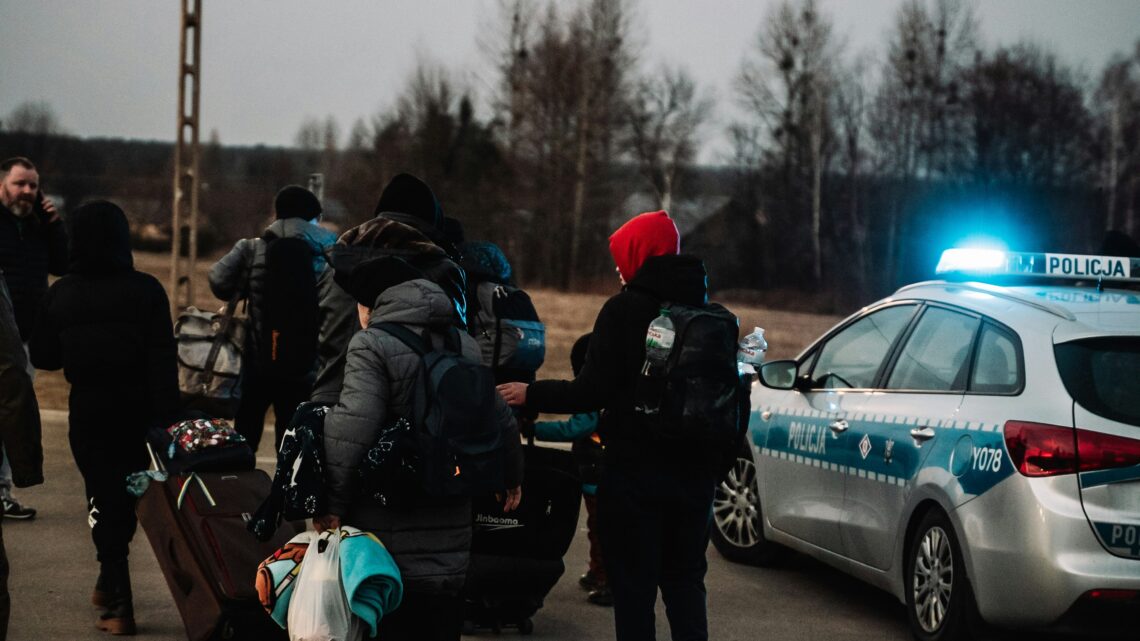Global forced displacement crises have reached dephts that cannot be adequalety expressed by statistics alone, constituting one of the most tragic numbers of the modern era. At the beginning of 2023, the number of forcibly displaced individuals surpassed 114 million, marking an astonishing figüre. However, by the end of 2024, this number is projected to approach 130 million, further exacerbating the crisis.
The Global Refugee Forum (GRF) provided a platform for crises that had been forgotten or overlooked. However, the magnitude of these crises and the continuously increasing trends of displacement may lead some crises to receive less attention than others. This situation can be described as the “selective humanity” practice of the 21st century.
Are we approaching a new turning point in dealing with refugee crises? We most certainly should be. There is a definite need for systematic changes regarding refugee policy, the sharing of responsibility for providing protection, addressing the impacts of the climate crisis, and the functioning of the refugee protection system.
Recent international initiatives indicate promising steps in this direction. However, more effort and support are required. More initiatives and projects need to be supported and implemented to address refugee crises effectively.
To prevent the world from surpassing even more dreadful milestones in the next GRF in 2027, we must act now and be more determined to ensure a better future for refugees. Let us not forget that the struggle for humanity and justice is everyone’s responsibility.
The Lifeboat project emphasizes the embrace and value of various cultural groups in multicultural societies. Each with its own customs, traditions, languages, and beliefs. It emphasizes the importance of treating all individuals and groups equally under the law, without discrimination based on race, ethnicity, religion, or culture. Multiculturalism promotes the inclusion of all members of society, regardless of their cultural or ethnic background. While advocating for respect for cultural differences and the idea that diversity enriches society rather than divides it.
Multicultural societies often promote cultural exchange, allowing people from different backgrounds to learn from each other and share their experiences. Advocates argue that a multicultural approach can lead to greater social cohesion and harmony by fostering understanding. Many countries with multicultural policies have laws and regulations in place to protect the rights and interests. Therefore, it is evident that the Lifeboat project plays a significant role in this regard.


